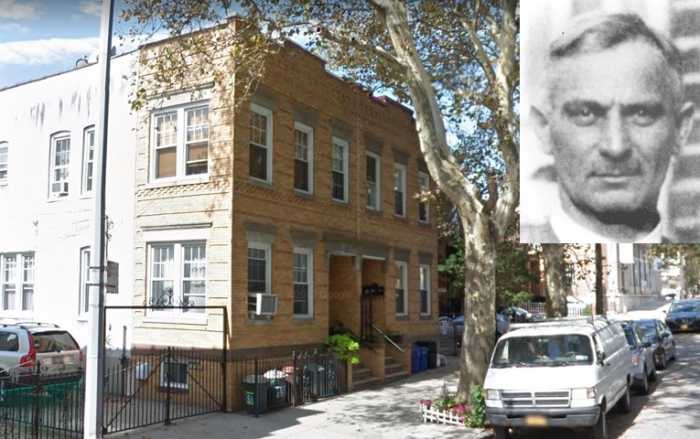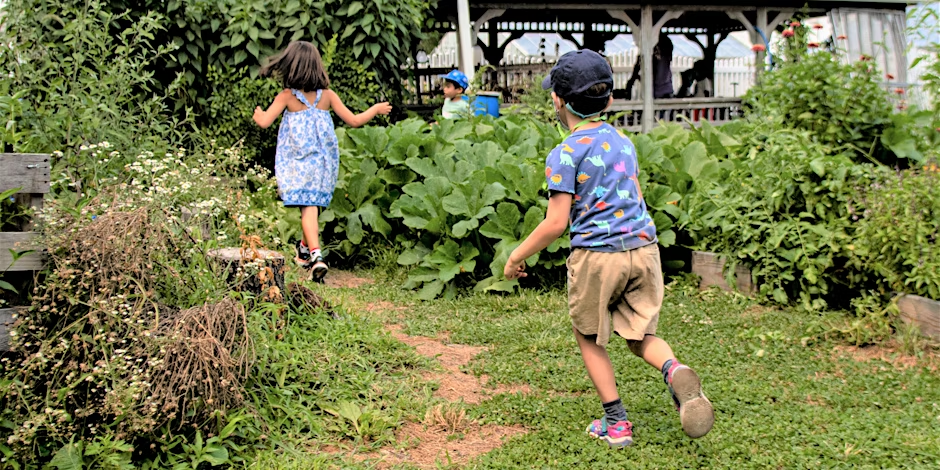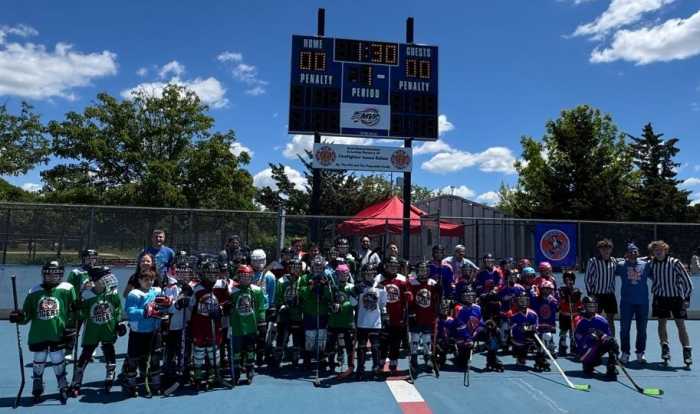Before a child can attend day care or school, they need to get vaccinated against serious illnesses and get booster shots as they grow. By developing children’s immunity, vaccines provide safe and effective protection against diseases that can cause blindness, deafness, brain damage and even death.
Prior to leaving the hospital, all infants must get the Hepatitis B vaccine (HepB). At age 1-2 months, babies get a second dose. The final dose should be administered at age 6-18 months.
At two months, babies should be vaccinated against Rotavirus, Diphtheria, Tetanus, Pertussis (Whooping Cough), Haemophilus Influenzae type b and Pneumococcal Disease. The Rotavirus vaccine (Rota) is a series of 3 doses that should start at the age of 6-12 weeks, be given again at 4 months, and again at 6 months. The last dose should be given no later than the end of the 32nd week since birth. It is important to start the Rota series at or before the age of 12 weeks.
The first dose of Diphtheria, Tetanus and Pertussis vaccine (DTaP) is scheduled at 2 months, followed by doses at 4 months, 6 months, 15-18 months and a last dose at 4-6 years. The fourth dose of DTaP may be administered as early as 12 months, provided that at least 6 months have elapsed since the first dose. A different vaccine against these diseases, called Tdap, should be administered at ages 11-12 years for those who have completed the recommended DTaP vaccination series and have not received a tetanus and diphtheria toxoids (Td) booster dose. However, 13-18 year olds who missed the dose when they were 11 or 12, or received Td only, should receive one dose of Tdap.
Haemophilus influenzae type b vaccine (Hib), should be given at 2 months, 4 months, 6 months and 12-15 months. Around the same time, children get their pneumococcal vaccine (PCV), at 2 months, 4 months, 6 months and 12-15 months. The minimum age to get PCV vaccine is 6 weeks. A child with an incomplete immunization schedule will usually have to get a dose at 24-59 months. However, PPV, which also prevents pneumococcal disease, may be given to high-risk children at 2-6 years. Children must get a dose of the inactivated poliovirus, or polio, vaccine (IPV) at 2 months, 4 months, 6-18 months and 4-6 years.
From ages 6 months to 18 years, children must receive a yearly dose of Influenza vaccine in time for flu season. All children 6 months to 5 years of age should get vaccinated, as well as anyone who comes into contact with children 0-59 months of age and high-risk children 5 years and older. A minimum of 4 weeks should pass between 2 doses for children younger than 9 years who are receiving the vaccine for the first time or who only received one dose the year before.
Kids need to get two doses of Measles, Mumps and Rubella vaccine (MMR). The first dose is received at ages 12-15 months, the second at 4-6 years. MMR may be administered before 4-6 years, provided that 4 weeks have elapsed since the first dose and both doses are administered after the age of 12 months. New York State Regulation requires that the second dose be given after 15 months of age to meet requirements for school attendance. The Varicella vaccine (Var) is administered at ages 12-15 months as well as 4-6 years, but the second dose may be administered at least 3 months after the first dose.
Hepatitis A vaccine (HepA) is recommended for all children aged 12-23 months. The two doses in this series should be administered at least 6 months apart. Children at least 12 months of age living in communities with high rates of Hepatitis A infection should get vaccinated. Some high-risk will need to get vaccinated at 2-6 years. Meningococcal vaccine, or MCV4, is recommended for children 2-6 years of age in certain high risk groups and should also be administered to all children aged 11-12 years and previously unvaccinated college freshmen living in dormitories.
The first dose of Human Papillomavirus vaccine (HPV) is administered to 11-12 year old females in 3 doses. The second dose should be given 2 months after the first, the third given 4 months after the second. The minimum interval between the first and second dose is 4 weeks, while the minimum interval between second and third is 12 weeks. The minimum interval between first and third is 24 weeks. If not previously vaccinated, 13-18 year old females should receive the HPV vaccine.
Student athletes must get cleared by a doctor before they can join a school team. The required forms can be downloaded at psal.org.
For more information and a catch-up schedule, visit the New York City Department of Health and Mental Hygiene Web site at nyc.gov/health. Dial 3-1-1 for vaccination locations.




































